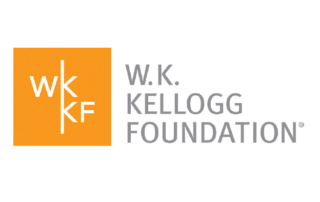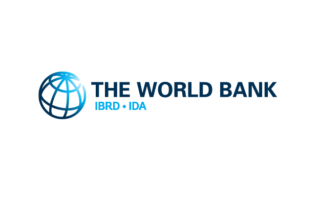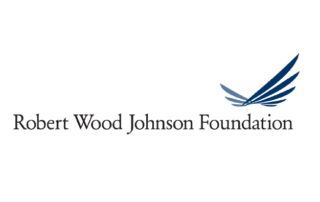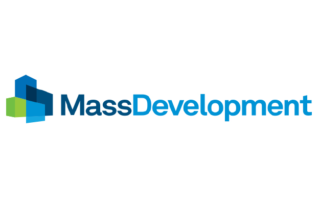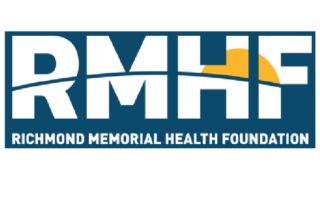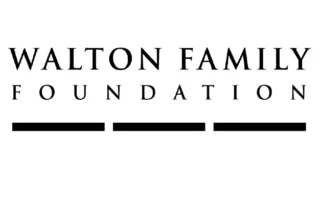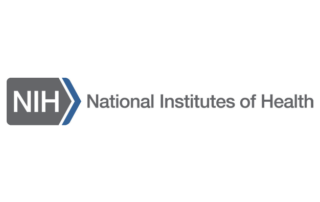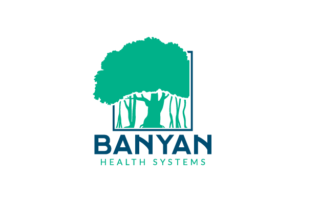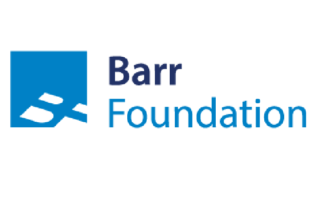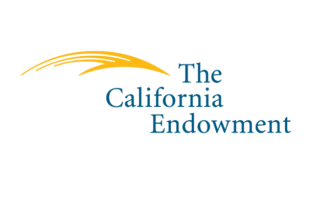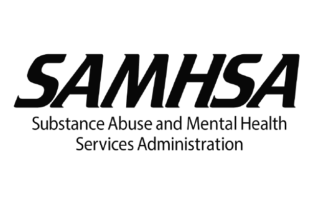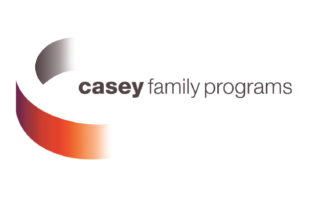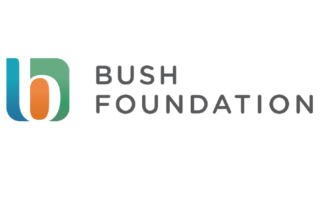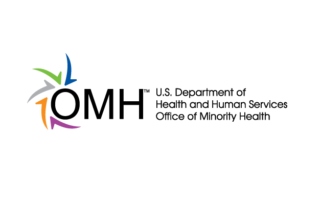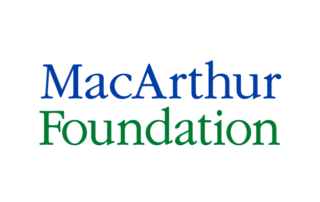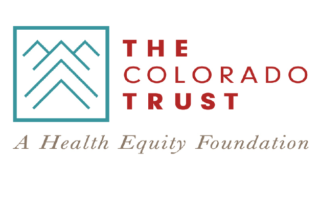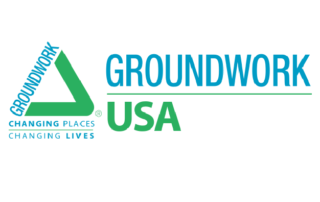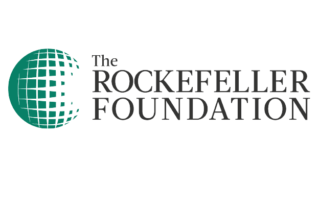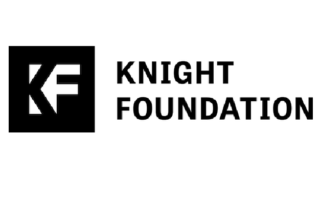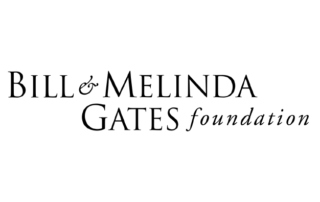Youth Leadership and Engagement
Youth have the capacity to meaningfully engage and be leaders in addressing equity issues that affect them in their communities now. Engaging youth in civic life is part of healthy development and has been shown to benefit both the youth and the communities in which they live and learn.
Our Approach
We adapted Arnstein’s ladder of citizen participation—widely used with adults—for youth, and this ladder offers a starting point to understand the different levels of youth engagement. We adjust youth engagement strategies accordingly to consider youth’s social and cognitive development, even within a year and certainly over time. In our approach, we work with both adults and youth to develop equitable relationships so that their collaboration is reciprocal and mutually beneficial. We ensure that adults are mindful of youth’s varied needs and access to resources and opportunities and remove any barriers the youth might face to support meaningful engagement, and also, not assume that youth from disadvantaged and marginalized communities face only challenges and have nothing positive in their lives to build on. We work with youth to build and strengthen their abilities to share their ideas, collaborate, and lead autonomously, and effectively communicate with adults.


